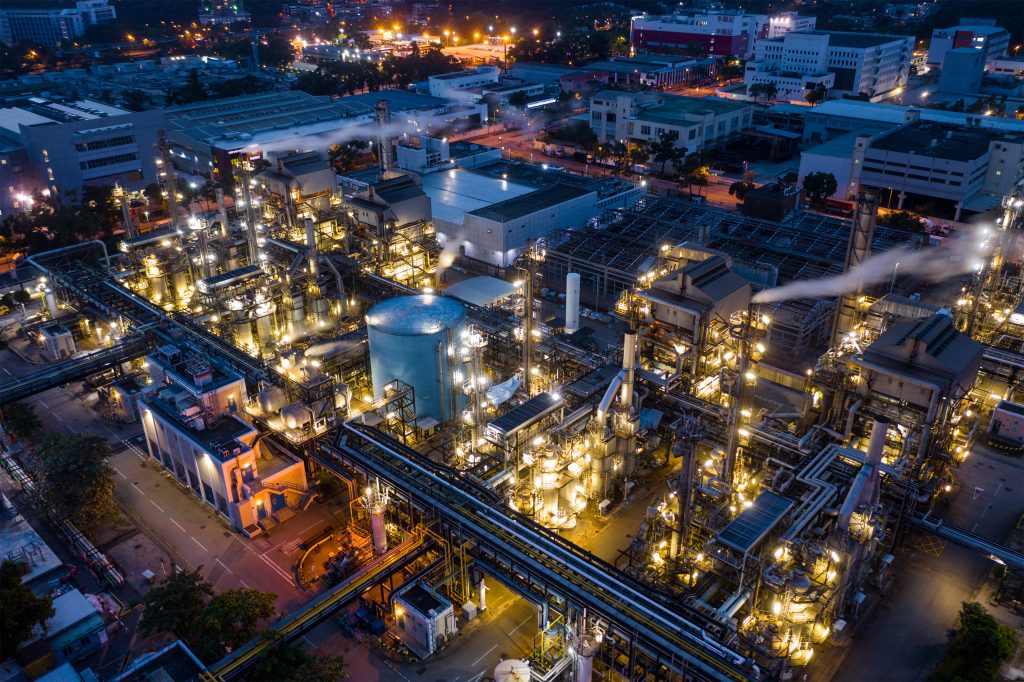The oil and gas industry is increasingly relying on Internet of Things (IoT) devices and digital infrastructure. This leads to a surge in demand for cybersecurity expertise. As these technologies transform the way oil and gas operations are conducted, the demand for skilled technical professionals in these areas is increasing. This post examines the emergence of IoT and cybersecurity jobs in the oil and gas industry and their implications for the tech talent pool.
The Growth of IoT in Oil & Gas
The adoption of IoT in the oil and gas sector is transforming how companies monitor equipment, track resources, and optimize production processes. Key use cases such as predictive maintenance and real-time monitoring are helping businesses improve operational efficiency while reducing downtime. As a result, the rapid growth of IoT technology is creating new opportunities for tech professionals. They include IoT specialists, systems integrators, and data analysts, to design, implement, and manage IoT infrastructure across the industry.
Increasing Cybersecurity Threats in Oil & Gas
As the oil and gas sector increasingly relies on connected devices and digital platforms. This rises cyber risks pose significant challenges to the industry. Critical infrastructure and sensitive data are prime targets for cybercriminals, making robust cybersecurity measures a top priority for organizations. This growing threat has led to a surge in job opportunities for cybersecurity experts. They are needed to protect digital assets, secure industrial control systems, and ensure compliance with global cybersecurity standards.
The Skills Tech Professionals Need to Thrive
IoT expertise is essential for professionals who can design, implement, and maintain IoT devices and networks to optimize oil and gas operations. Cybersecurity knowledge is crucial for safeguarding IT and operational technology (OT) systems, as well as for threat detection and risk management, to prevent cyber threats. Additionally, familiarity with emerging technologies like AI, machine learning, and data analytics is becoming increasingly crucial for enhancing both security measures and IoT applications in the industry.

Bridging the Talent Gap in IoT and Cybersecurity
The oil and gas sector is currently facing a talent shortage in critical areas, such as IoT and cybersecurity, making it challenging to fill high-demand positions. Tech professionals can gain a competitive edge by upskilling in IoT, cybersecurity, and related technologies, positioning themselves for emerging opportunities. Collaboration with universities and tech firms is key, as industry partnerships can create targeted training programs and certifications to help close the skills gap.
The Future Outlook: IoT and Cybersecurity Jobs in Oil & Gas
As the oil and gas industry continues its digital transformation, the demand for IoT and cybersecurity jobs will grow significantly. New roles are emerging for tech professionals who can work across both IoT and cybersecurity to develop integrated, secure solutions. With this shift, tech talent specializing in these areas can expect long-term career growth and strong job security as the sector adapts to evolving technological needs.
The rise of IoT and cybersecurity in oil and gas offers significant opportunities for tech talent. As demand for skilled professionals continues to grow, those with expertise in these areas will play a key role in shaping the industry’s future. For tech professionals, this represents an exciting opportunity to contribute to the digital transformation of an essential industry.
Read More About:
How Direct Hire Impacts Company Culture and Employee Retention
Navigating Remote and Hybrid Work: Best Practices for Building Effective Distributed Teams
